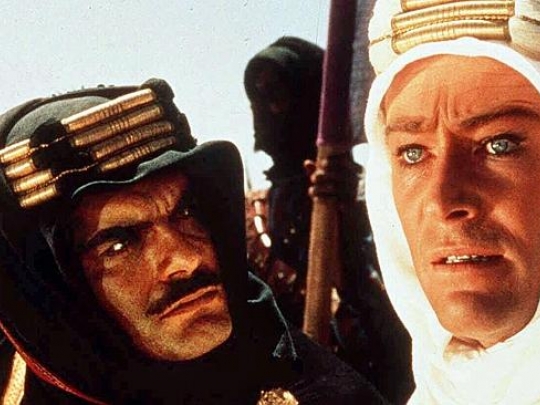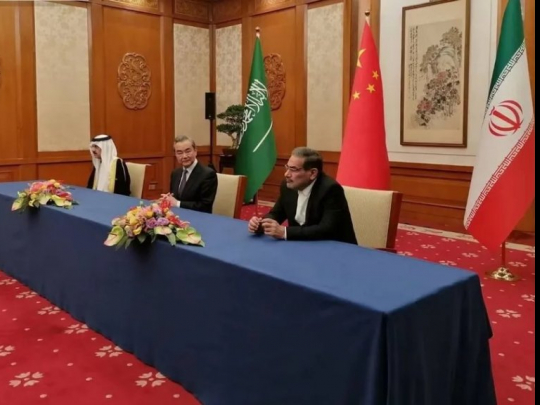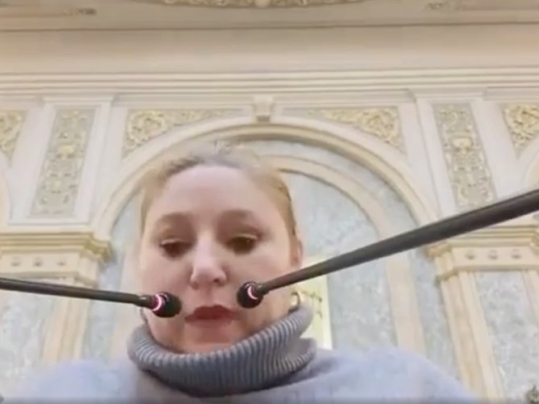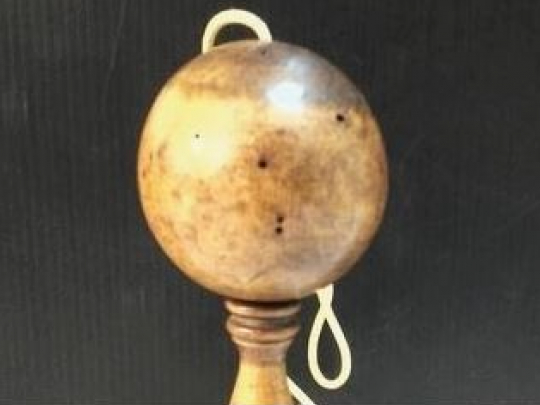Five things you never knew about Syria before the war

For the past five years, Syria has been making headlines the world over — for all the wrong reasons.
But life was not always so grim for Syria’s people.
Once regarded as a political and military heavyweight in the region, Syria’s rich history and cultural significance is both complex and diverse.

Before the war, Syria had vibrant, bustling marketplaces in the old cities of Damascus and Aleppo, and its own innovative IT industry despite economic sanctions imposed by the west.
Syrian refugee Tara, 20, and her family have remained resilient and optimistic for the past five years.
Though forced four years ago to completely stop their lives as they knew it and flee to neighbouring Lebanon to survive, they still believe in peace and justice for their country.
Here are five things Tara shares about the Syria many wouldn’t know once existed.

World famous literature and cinema exports
Syria boasts one of the oldest and sophisticated literary traditions in the world, with a rich tradition of storytelling that dates back thousands of years.
Poetry and the short story are widely read and recited, and world-renowned writers such as Nizar Qabbani, Ghada al-Samman, who wrote prolifically on cultural identity and the clash between tradition and progress.
Films have been produced in Syria since the 1920s. Musicals and light comedies were popular through the late 1940s.
Syria has spawned several internationally regarded filmmakers, including Omar Amirallay and Usama Muhammed, but their films, which deal with social issues, have been banned in the country.
Oscar-nominated International actor Omar Sharif — of Lawrence of Arabia fame, is of Syrian descent.

The ‘souk’ was the centre of the city
Spices, jewellery, cloth, traditional handicrafts, and a variety of foods compete for space in the crowded alleyways of the old souks in Damascus and Aleppo — despite the existence of modern new shopping centres and supermarkets which have not replaced this folkish Arab institution. Souks are not just commercial centres but gathering places as well, and bargaining is always a part of the adventure.
Syria was also a major centre for weaving and textiles — ancient weaving techniques like grading are still practised today and found at the heart of these souks.

Sweet, sweet Syria
Houses would once wake up to the sweet baking smells of bakeries and patisseries parked on every corner.
Food is an important part of many celebrations, central at weddings, parties, and other festivities, and when it comes to their rich tapestry of desserts — the rule is, the more syrupy — the better.
People love to gather around the table full of delicious desserts … It’s rare to find people visiting family or friends empty-handed — they always take something, especially a platter of sweets.
“Syrias are old-fashioned, they welcome anyone who knocks on their doors ... and they are very generous — and you definitely see that when you visit them,” says Tara.
“And this while listening to our elders tell us love stories from the past.”

The diversity of the Syrian people
For centuries, Syria has been a melting pot of religion and ethnicities. According to Tara, who is Orthodox Christian, and her fiance, a Sunni Muslim, mixed marriages are common than people think — though since the start of the war, it has been increasingly difficult.
Syria’s majority are Sunni Muslim, while 12 more than cent are Alawite Muslims and four per cent are Druze. The remainder of the population is 10 per cent Christian with small Jewish enclaves in Syrian cities, while northeast of Syria has a Kurdish majority, nine per cent of the population.
“I’ve lived in Syria my whole life, and I never had a problem as a Christian. Muslims were always helpful, including when it came to things like finding a job,” Tara says.

It’s a cradle of civilisation in the Middle East
Tara grew up seeing Syria a hotspot destination in the region, and wanted to help show it off to the world.
Before the war — She only had two subjects left until she completed her undergraduate degree in tourism at the university in Hama, Syria’s fourth largest city.
Full of ancient Mosques, Roman ruins, castles built during the Crusades and souks, Syria has been a cradle of civilisation for at least 10,000 years. It has been part of the major empires of history, including Egyptian, Persian and Roman.
“Syria is one of the most beautiful countries ... everyone used to come here to see our monuments and old cities, from Palmyra, Sidnaya to the old castle in Aleppo and Kasab, where the ancient Folklore Forest stands,” Tara says.
The Ummayyad mosque, one of the most sacred places in the Islamic world, is regarded as the architectural ‘jewel of Damascus’, with its gold and coloured mosaic and opulent interior.
“I often think of Syria as a magic book full of adventures and stories about history and love and war — and I wait for the day this war will end and become a story.”

* As told to Amnesty International’s Sara Saleh by 20 year old Tara*, one of the 2.5 million refugees who have fled the war in Syria.
- Source : Sara Saleh















